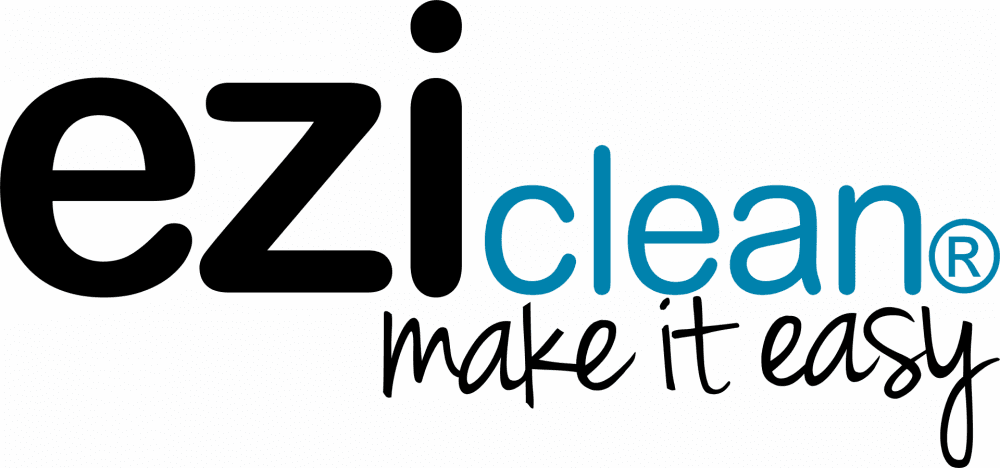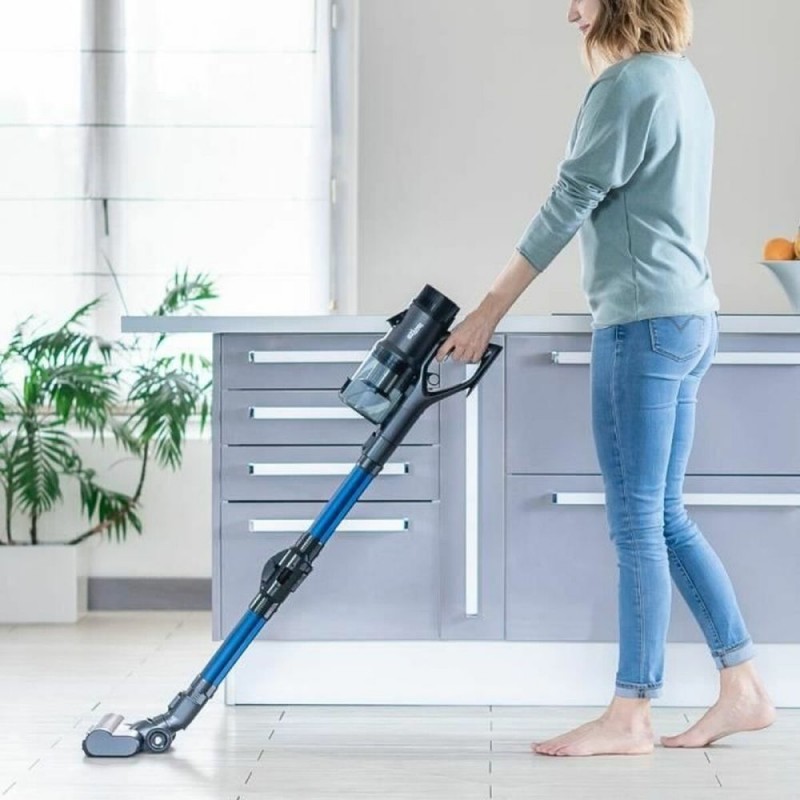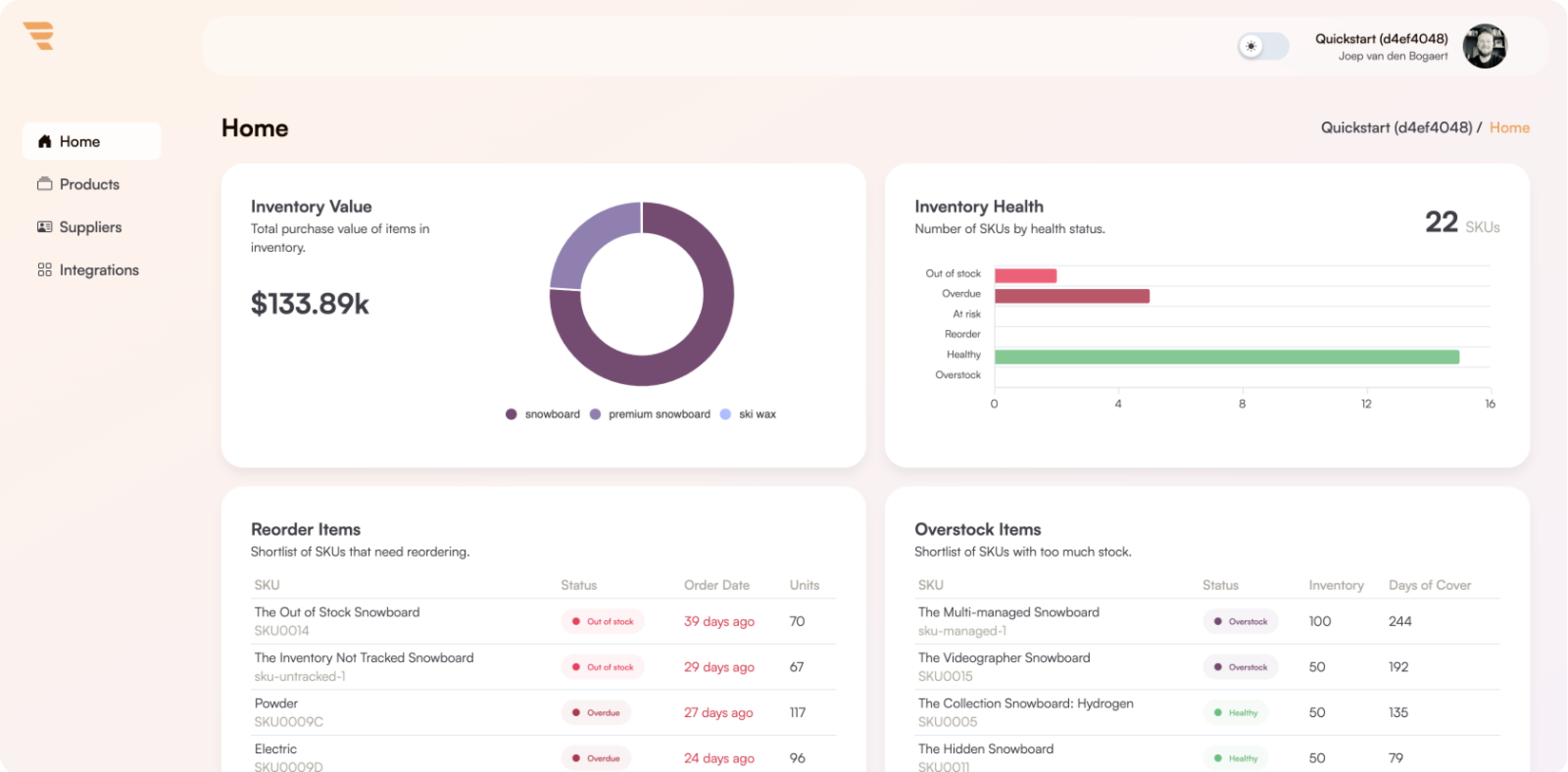“We were searching for a tool that could optimize our inventory and minimize overstock. In the first two months, we optimized several purchase orders and immediately saw the benefits, freeing up capital from static inventory and enabling us to grow faster.” - Thijs, CMO at Eziclean
Data
We used actual orders extracted from Shopify.
We used unit cost and retail prices from Shopify as well.
We did not correct missing sales for possible stockout periods in real-life. This leads to an advantage of the currently used approach as mistakes there may not show up as missed demand in the backtest.
Assumptions
Current method of forecasting is using last year’s sales with 10% expected growth.
Demand during stockouts is lost for 30%, the other 70% is dropshipped at a €15 cost.
Lead times are 14 days for all products.
Holding costs are 20% of inventory value annually. This includes everything from storage and handling to opportunity / capital costs.
Experiment Setup
We selected 50 SKUs that were launched before 2023-02-25, so 1.5 years ago.
We ran a simulation of the last year (July 2023 - July 2024)
Every day in the simulation, we forecast the lead time demand (i.e., forecast demand 2 weeks ahead)
We reorder when the forecasted lead time demand + a safety margin is larger than our current inventory position
We used 10% and 20% safety margins, rounded up.
We determine the order quantity based on the current forecast, meaning it can vary over time. The calculation is similar to that of the Economic Order Quantity (EOQ).
We included Black Friday, Cyber Week and Christmas as holidays. Forecasters used this information if they allowed to do so.
Methods
Based on some simpler forecaster experiments, we selected a few forecasting methods to compare, including one reflecting the current practice:
Growth-based forecast (10% growth)
ARIMA
Croston - Notably doesn’t support holidays / external regressors
AutoREG
The reorder policy was the same for every run.
Results
Lost Sales: -42.8%
Dropship Cost: -37.0%
Holding Cost: -19.4%
Total Cost: -38.15%






